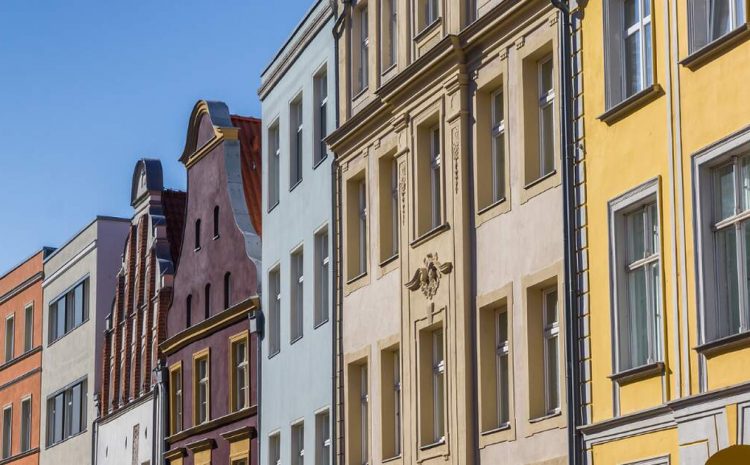
For more than a decade, the German real estate market was in a dramatic growth phase. However, as per the new report from the Gewos Institute for Urban, Regional and Housing Research, the sales boom may be coming to an end in the observable future.
According to the Institute’s forecasts, in 2022, sales of apartments, houses, commercial real estate and land in Germany could fall by 7 percent (which amounts to 313.5 billion Euros), and the total number of transactions will fall below the 900,000 mark. In particular, a drop in the residential real estate sector is expected. While being almost four-fifths of all real-estate related transactions in Germany, it is forecasted to fall for as much as 5.6 percent. Such a decrease in turnover in the German real estate market will take place first time since 2009.
According to analysts, in 2021, the turnover in the real estate sector reached a record amount of 337 billion Euros, which was twice the figure in comparison with a decade ago. At the same time, the total number of transactions decreased slightly due to the lack of offers, while prices for houses and apartments rose by about 13 percent. This value was the highest since 1980 – the year when collecting statistical data had begun.
According to Sebastian Wunsch, Head of Real Estate Economics at Gewos, this “absolutely exceptional year” was partly due to the recovery of the real estate market after the crisis caused by the COVID-19 pandemic.
At the same time, the number of real estate purchases and sale agreements (especially relatively large transactions) has continued to decline since May 2022. This is evident in comparison with the same period in the year 2021. This happens for a number of reasons, such as:
- Conditions for purchasing real estate have become harder for both private buyers and investors.
- Rising inflation and interest rates on loans have made real estate less accessible to the public.
- Many investors currently do not wish to initiate any new transactions due to market uncertainty.
When combined, these factors have caused an overall slowdown in the German real estate market.
Despite the decline in sales, property prices in general remain on the same levels. The reason for this, as noted, is an increasing number of immigrants, as well as slow pace of new real estate development. As Wunsch points out, “There are no signs of any price rates decrease, let alone a sudden drop,” adding that at the regional level, as well as in some areas and sub-markets in Germany, the total possibility of a decrease should not be completely ignored.
It is also expected that the growth rate in German property prices will likely slow down, reaching no more than 3 percent this year.


